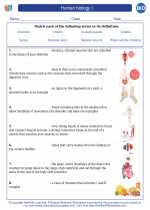Pollution
Pollution refers to the introduction of harmful substances or contaminants into the environment, causing adverse effects. These contaminants can be in the form of solid, liquid, or gaseous substances and can result from natural or human activities. Pollution can have detrimental effects on ecosystems, human health, and the overall well-being of the planet.
Types of Pollution
There are several types of pollution, including:
- Air Pollution: This occurs when harmful gases, particulates, and chemicals are released into the atmosphere, often as a result of industrial activities, transportation, and the burning of fossil fuels.
- Water Pollution: This encompasses the contamination of water bodies such as rivers, lakes, and oceans with substances like chemical pollutants, sewage, and waste materials.
- Soil Pollution: Soil can be polluted by the introduction of toxic chemicals, pesticides, and industrial waste, leading to degradation of agricultural lands and loss of biodiversity.
- Noise Pollution: This type of pollution is caused by excessive noise from sources such as industrial machinery, transportation, and urban development, which can have negative effects on human health and wildlife.
- Light Pollution: Light pollution refers to the excessive or misdirected artificial light that disrupts the natural cycles of light and dark in the environment, impacting ecosystems and human health.
- Plastic Pollution: This type of pollution occurs when plastic materials are improperly disposed of, leading to the accumulation of plastic waste in the environment, particularly in oceans and waterways.
Causes of Pollution
Pollution is primarily caused by human activities such as industrial processes, transportation, agriculture, and waste disposal. These activities release a variety of pollutants into the environment, leading to the degradation of air, water, and soil quality. Additionally, natural events such as volcanic eruptions and wildfires can also contribute to pollution.
Effects of Pollution
The effects of pollution can be wide-ranging and severe. Pollution can lead to health problems in humans, including respiratory issues, cardiovascular diseases, and various forms of cancer. It can also harm wildlife, disrupt ecosystems, and lead to the loss of biodiversity. Additionally, pollution can have economic impacts, such as reduced agricultural productivity and increased healthcare costs.
Prevention and Mitigation
Efforts to prevent and mitigate pollution involve a combination of regulatory measures, technological advancements, and public awareness campaigns. These may include the implementation of emission controls, waste management practices, conservation efforts, and the development of sustainable technologies.
Study Guide
When studying pollution, it's important to consider the following key points:
- Identify the different types of pollution and their sources.
- Understand the causes and effects of pollution on the environment and human health.
- Explore the measures and strategies for preventing and mitigating pollution.
- Examine specific case studies of pollution incidents and their impacts.
- Discuss the roles of government policies, international agreements, and public advocacy in addressing pollution issues.
By understanding the complexities of pollution and its impacts, individuals can contribute to the development of sustainable solutions and promote environmental stewardship.
[Pollution] Related Worksheets and Study Guides:
.◂Biology Worksheets and Study Guides High School. Human biology I
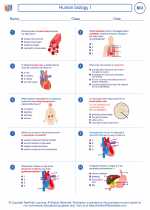
 Worksheet/Answer key
Worksheet/Answer key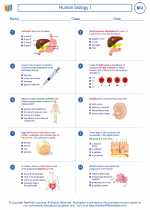
 Worksheet/Answer key
Worksheet/Answer key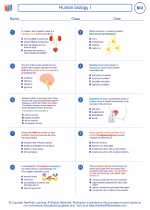
 Worksheet/Answer key
Worksheet/Answer key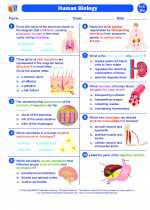
 Vocabulary/Answer key
Vocabulary/Answer key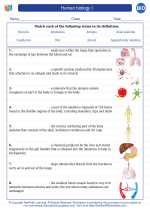
 Vocabulary/Answer key
Vocabulary/Answer key
 Vocabulary/Answer key
Vocabulary/Answer key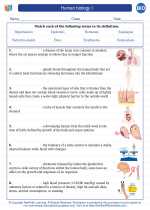
 Vocabulary/Answer key
Vocabulary/Answer key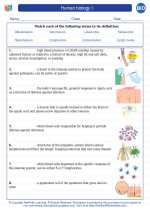
 Vocabulary/Answer key
Vocabulary/Answer key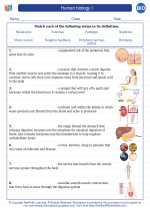
 Vocabulary/Answer key
Vocabulary/Answer key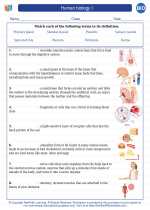
 Vocabulary/Answer key
Vocabulary/Answer key